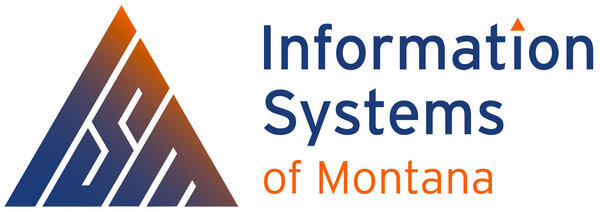In celebration of our 30-year anniversary, we are pairing five beers from Helena's own Brothers Tapworks with the top five cyber threats that Helena's businesses face today. These threats include phishing attacks, ransomware, social media risks, weak password practices, and cloud vulnerabilities. Join us as we explore each threat and its corresponding beer pairing, starting with phishing attacks and Pilsner.
Phishing Attacks: Phishing attacks are a top cybersecurity threat for SMBs, involving deceptive emails that trick employees into revealing sensitive information or downloading malicious software. These attacks can lead to data breaches, financial losses, and reputational damage.
Pilsner: This beer is light, crisp, and refreshing, representing the seemingly harmless nature of phishing emails. Just as a Pilsner is easy to drink, phishing emails are easy to fall for if not vigilant.
Why We Paired Phishing Attacks with Pilsner: The light and approachable nature of a Pilsner mirrors the deceptive simplicity of phishing attacks. Both can seem harmless at first glance but can have significant consequences if not handled properly.
Tips to Protect Your Business from Phishing Attacks:
- Implement Strong Password Policies: Encourage employees to use strong, unique passwords and change them regularly. Implement multi-factor authentication (MFA) for an added layer of security.
- Regularly Update Software: Keep all software, including operating systems and applications, up to date with the latest security patches. This helps protect against known vulnerabilities that cybercriminals may exploit.
- Conduct Security Awareness Training: Educate employees about common cybersecurity threats, such as phishing attacks and social engineering. Regular training helps employees recognize and respond to potential threats.
- Use Advanced Security Solutions: Invest in advanced security solutions, such as endpoint detection and response (EDR) and managed detection and response (MDR) services. These solutions provide continuous monitoring and protection against cyber threats.
- Develop an Incident Response Plan: Prepare for potential security incidents by developing a comprehensive incident response plan. This plan should outline the steps to take in the event of a breach and ensure a swift and effective response.
- Secure Remote Work: With the rise of remote work, it's essential to secure remote access to your systems. Use virtual private networks (VPNs) and ensure remote devices are protected with up-to-date security software.
- Regularly Back Up Data: Regular data backups are crucial for recovering from ransomware attacks and other data loss incidents. Ensure backups are stored securely and tested regularly.


